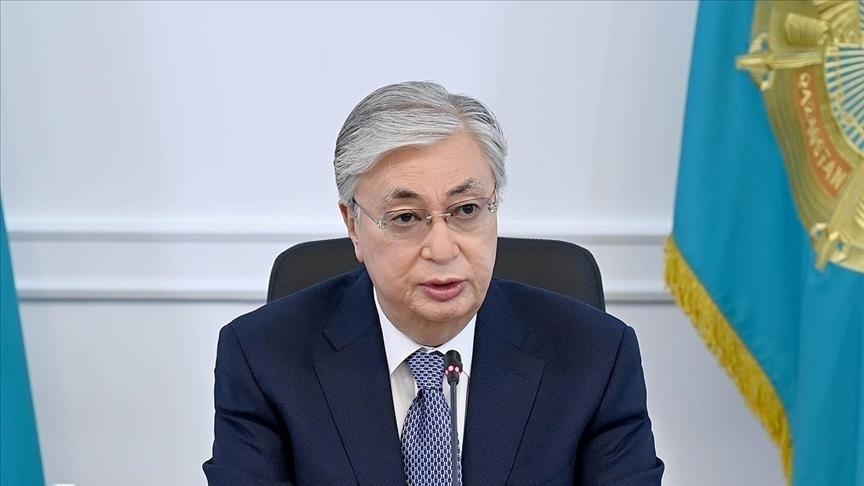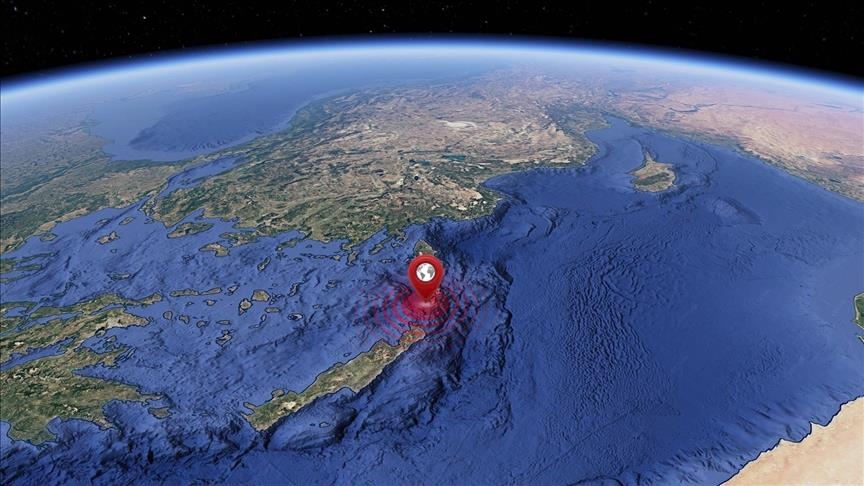Turkey To Accept U.S. Base Request ‘Soon’
“I expect a Turkish government decision on Incirlik very soon. I don’t know exactly when, but very soon,” Murat Mercan, deputy chairman of Turkey’s ruling party, said during a visit to Washington March 23.
Other Turkish officials in Washington said Ankara would allow U.S. forces to use Incirlik to supply missions in Iraq and Afghanistan.
“The Turks told us the Incirlik decision would come soon,” one U.S. State Department official said.
The two governments have been discussing the issue since early last year, and Turkey has rejected two informal requests by the United States. Washington last year sought to deploy two Germany-based squadrons of 48 F-16 fighter aircraft to Incirlik to help restructure its military to better meet global threats in the 21st century. But Ankara made it clear that it did not want the F-16 redeployment, an issue that never was brought officially to the negotiating table but was discussed informally.
Ankara also turned down another American request for training rights for U.S. fighter aircraft over the Konya area in central Turkey.
Incirlik was among issues addressed with Turkish officials during a January visit by Army Gen. John Abizaid, commander of the U.S. Central Command and responsible for U.S. operations in the Near East; and a February visit by Douglas Feith, undersecretary of defense for policy.
Remaining on the negotiating table is a third request for Incirlik’s logistical use in future U.S. operations, which Turkey now is likely to accept. The Turkish position falls short of meeting U.S. expectations to obtain a more expanded right to use Incirlik, but Washington preferred to consider the bright side.
“This is good,” the State Department official said.
Key to U.S. Operations
Built in 1954, Incirlik has hosted U.S. military aircraft for nearly five decades. But after Turkey refused to allow U.S. forces to deploy on its soil for the March 2003 invasion of Iraq, the U.S. military moved its fighter jets to other bases.
Analysts said the timing of Turkey’s announcement was aimed at preventing further deterioration of ties with the United States. The NATO allies already are at odds over Iraq, and Ankara believes Washington’s policies are responsible for the growing autonomy of Iraqi Kurds, which could galvanize a Kurdish separatist movement in Turkey.
After the Turkish president’s planned Syrian visit became public, senior U.S. officials declined to criticize the trip in on-the-record remarks, but urged Turkey to support international efforts to force Syrian troops and intelligence units out of Lebanon.
The European Union, Russia and even leading Arab countries, including Saudi Arabia and Egypt, have joined U.S. President George W. Bush’s push for full Syrian withdrawal before Lebanon’s general elections in May. Syria has agreed to pull back its 15,000-strong military, but within a slower and two-phased plan.
“We hope that Turkey will also join in that international consensus, in supporting a thorough and immediate Syrian withdrawal from Lebanon,” Eric Edelman, U.S. ambassador to Ankara, told Turkish reporters March 14.
In Washington, State Department spokesman Adam Ereli said March 18, “It’s up to the Turkish president to decide where he goes and when he goes there. As far as the United States’ views concerning Syria are concerned, we would hope that whoever goes to Syria takes the message that the international community is united in the view that Syria should leave Lebanon.”
Other State Department officials said privately that Sezer’s visit was not timely.
The trip’s exact dates have not been announced but it is expected to take place in April. “Our president will visit Syria,” Turkish Prime Minister Recep Tayyip Erdogan said in Ankara March 17.
U.S. analysts close to the Bush administration blasted the visit. “There’s a serious difference [between Turkey and the United States] on the forthcoming trip of the Turkish president. Turkey’s message should have focused to the Lebanese people,” said Michael Rubin, a Middle East specialist at the American Enterprise Institute, a conservative think tank in Washington, and a former Pentagon official.
Turkish officials said Sezer would use the Damascus visit to urge the Syrians to complete their military withdrawal from Lebanon. “Turkey and the United States have the same objective; we also want Syria to pull back from Lebanon,” said Mercan. “Only our method might be different than that of the United States.” •



